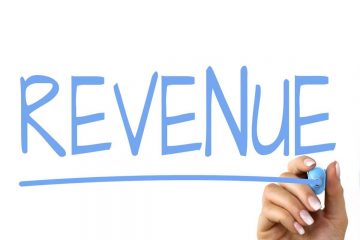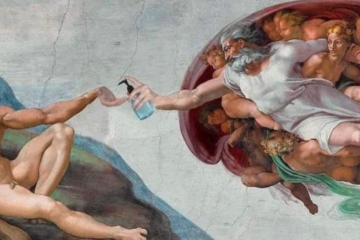Millennials have been the main subject of debates, discussions, and research for many years as part of a global effort to understand their psyche. However, they’re no longer the generation to come — they’ve already arrived. Many millennials have stable incomes and have earned their financial independence, with some even starting young families. Considering statistics that show millennials will make up 75% of the workforce in the next 10 years, it becomes clear that they’ll have an influence in the hospitality industry (as they do in all sectors). As a result, it’s important for hotels to understand the characteristics of millennials and how to appeal to them.
They Are Tech-Savvy
Millennials adapt to new technologies easily and are used to solving their problems with technology. As such, they take advantage of software and mobile apps to a high extent. They do the same while planning a holiday too. They look up hotel reviews, review scores, social media posts, and corporate accounts. As a result, leaving a consistent digital footprint (backed up with a positive user experience) is very important for the hospitality industry to attract millennials.
Millennials Prefer Smartphones
The ownership and usage frequency of smartphones or computers is very high at around 72%. However, the popularity of tablets amongst millennials is very low at around 37% and the frequency of regular usage is even lower.
Smartphones are the choice of millennials when it comes to mobile devices. So hotels should bear this in mind when they’re planning their digital transformation strategies.
Millennials Respond to Loyalty Programs
The importance that millennials place on individuality reveals itself in their response to loyalty programs and personalised services. They are attracted to these and their response rates are significant. In fact, 52% of millennials are even willing to share personal data in exchange for more personalised services or better loyalty programs.
Even small touches personalising the experience will create a positive response amongst millennials and results in their loyalty and return visits.
They Value the Experience
Millennials seek the “experience” when they’re planning a holiday or trip. Some brands in the hospitality industry are already recalibrating their marketing strategies to better emphasise experiences, rather than specific goods or services. Most millennials will connect better with brands offering experiences they value.

They Share Their Experiences on Social Media
Millennials are very active users of social media platforms and most have multiple social media accounts to share their lives, including their travel experiences. This makes millennials both influencers and the influenced. They tend to think more positively about a hotel if they witness a friend’s positive experience through social media.
Millennials Expect Hotels to Use Technology
Millennials expect technology to be available to them wherever they go. They want to have the option of using the hotel’s services through their smartphones. Even millennials in the workforce expect technology to be readily available, although most hotel staff don’t think their employers are promoting tech-based or mobile-based services enough.
Millennials are Interested in Their Surroundings
Millennials appreciate being made aware of the surroundings of the hotel. They want to have information about the activities and places of interest around the hotel so they can create their own unique experiences. Whether they benefit from those activities or not, they appreciate having the options.
Being aware of the characteristics of your target audience is the key to success in marketing. With these 7 characteristics of millennials, we have explained hoteliers can tweak their marketing strategies to get better results.


